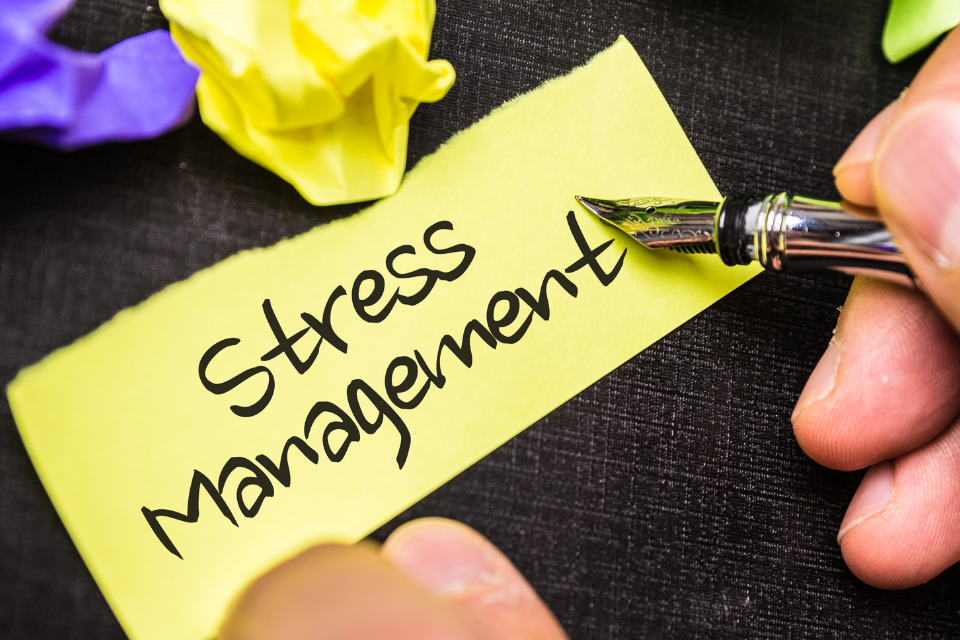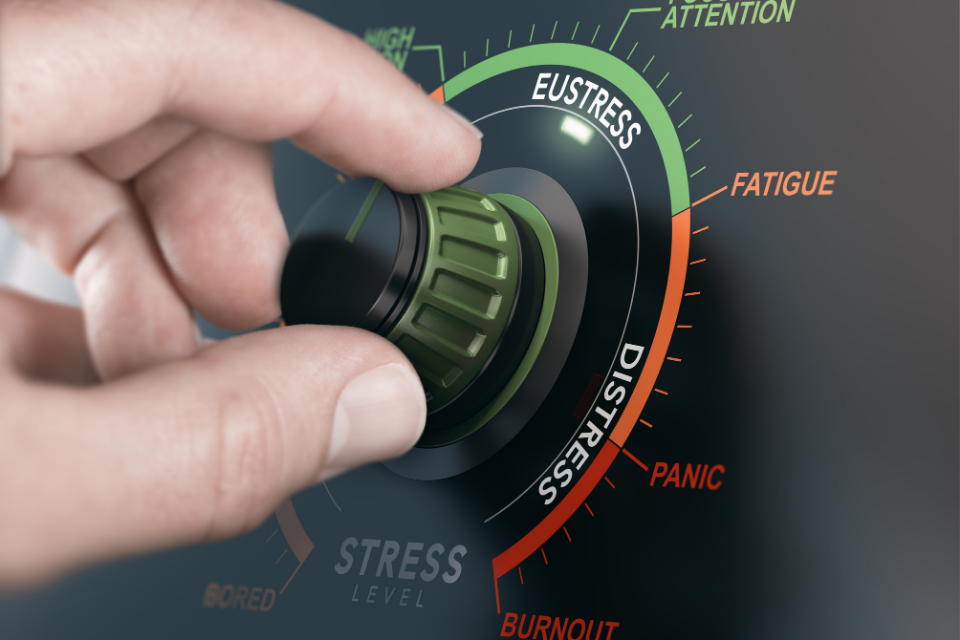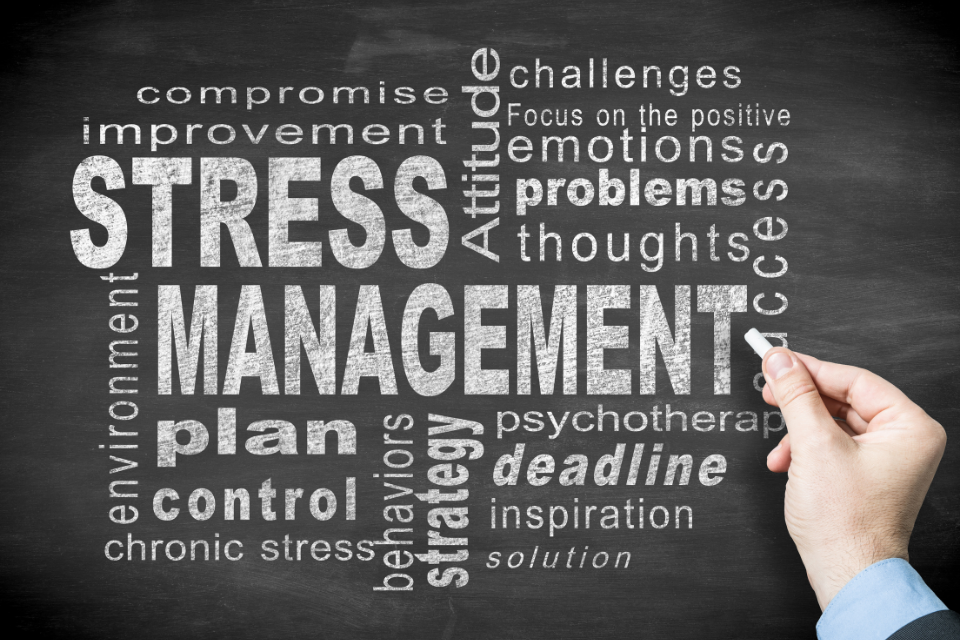These coping strategies may temporarily reduce stress, but they cause more damage in the long run:
- Smoking
- Drinking alcohol
- Overeating or under eating
- Spending out time for hours in front of the TV or computer
- Withdrawing from friends, family, and activities
- Using pills or drugs to relax
- Sleeping too much
- Procrastinating
- Filling up every minute of the day to avoid facing problems
- Taking out your stress on others
Learning healthier ways to manage stress
If your methods of coping with stress aren’t contributing to your greater emotional and physical health, it’s time to find healthier ones. There are many healthy ways to manage and cope with stress, but they all require change. You can either change the situation or change your reaction.
Since everyone has a unique response to stress, there is no “one size fits all” solution to manage it. No single method works for everyone or in every situation, so experiment with different techniques and strategies. Focus on what makes you feel calm and in control.
#1: Avoid unnecessary stress
Not all stress can be avoided, and it’s not healthy to avoid a situation that needs to be addressed. You may be surprised, however, by the number of stressors in your life that you can eliminate.
- Learn how to say “no”
- Avoid people who stress you out
- Take control of your environment
- Avoid hot-button topics
- Pare down your to-do list
#2: Alter the situation
If you can’t avoid a stressful situation, try to alter it. Figure out what you can do to change things, so the problem doesn’t present itself in the future. Often, this involves changing the way you communicate and operate in your daily life.
- Express your feelings instead of bottling them up.
- Be willing to compromise.
- Be more assertive.
- Manage your time better.
#3: Adapt to the stressor
If you can’t change the stressor, change yourself. You can adapt to stressful situations and regain your sense of control by changing your expectations and attitude.
- Re-frame problems.
- Look at the big picture.
- Adjust your standards.
- Focus on the positive.
- Adjust Your Attitude
#4: Accept the things you can’t change
Some sources of stress are unavoidable. You can’t prevent or change stressors such as the death of a loved one, a serious illness, or a national recession. In such cases, the best way to cope with stress is to accept things as they are. Acceptance may be difficult, but in the long run, it’s easier than railing against a situation you can’t change.
- Don’t try to control the uncontrollable.
- Look for the upside.
- Share your feelings.
- Learn to forgive and forget.
#5: Make time for fun and relaxation
Beyond a take-charge approach and a positive attitude, you can reduce stress in your life by nurturing yourself. If you regularly make time for fun and relaxation, you’ll be in a better place to handle life’s stressors when they inevitably come.
Don’t get so caught up in the hustle and bustle of life that you forget to take care of your own needs. Nurturing yourself is a necessity, not a luxury.
- Set aside relaxation time.
- Connect with others.
- Do something you enjoy every day.
- Keep your sense of humour.
- Learn the relaxation response.
You can control your stress levels with relaxation techniques that evoke the body’s relaxation response, a state of restfulness that is the opposite of the stress response. Regularly practicing these techniques will build your physical and emotional resilience, heal your body, and boost your overall feelings of joy and equanimity.
#6: Adopt a healthy lifestyle
You can increase your resistance to stress by strengthening your physical health.
- Exercise regularly.
- Eat a healthy diet.
- Reduce caffeine and sugar.
- Avoid alcohol, cigarettes, and drugs.
- Get enough sleep. Adequate sleep fuels your mind, as well as your body.




























